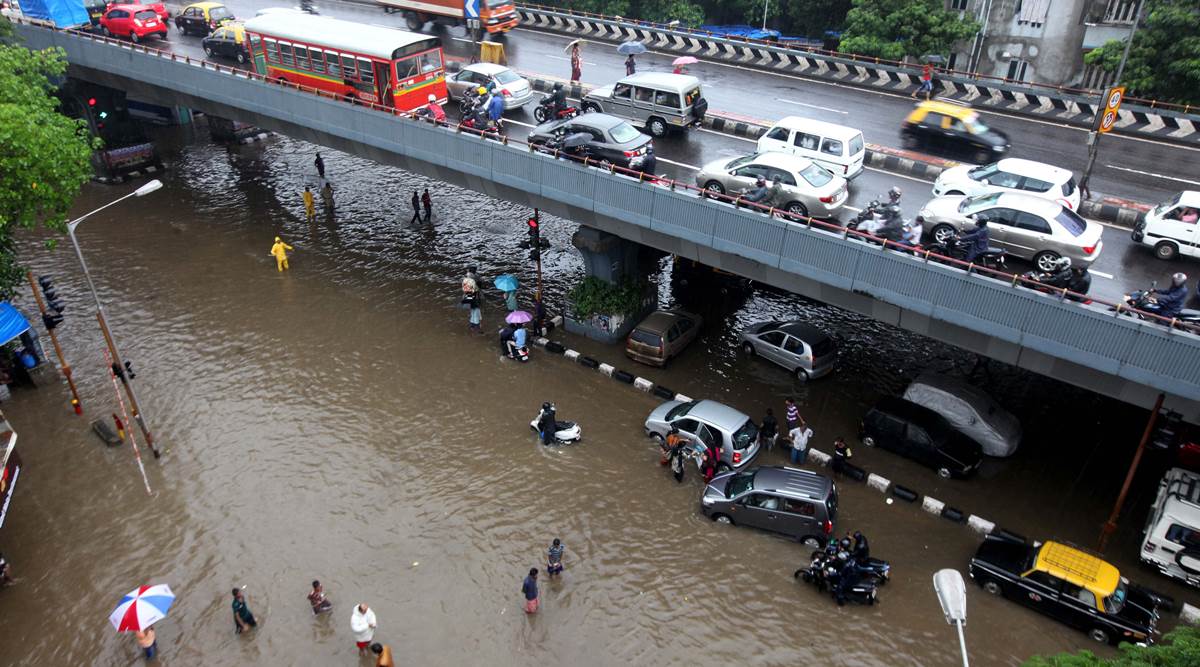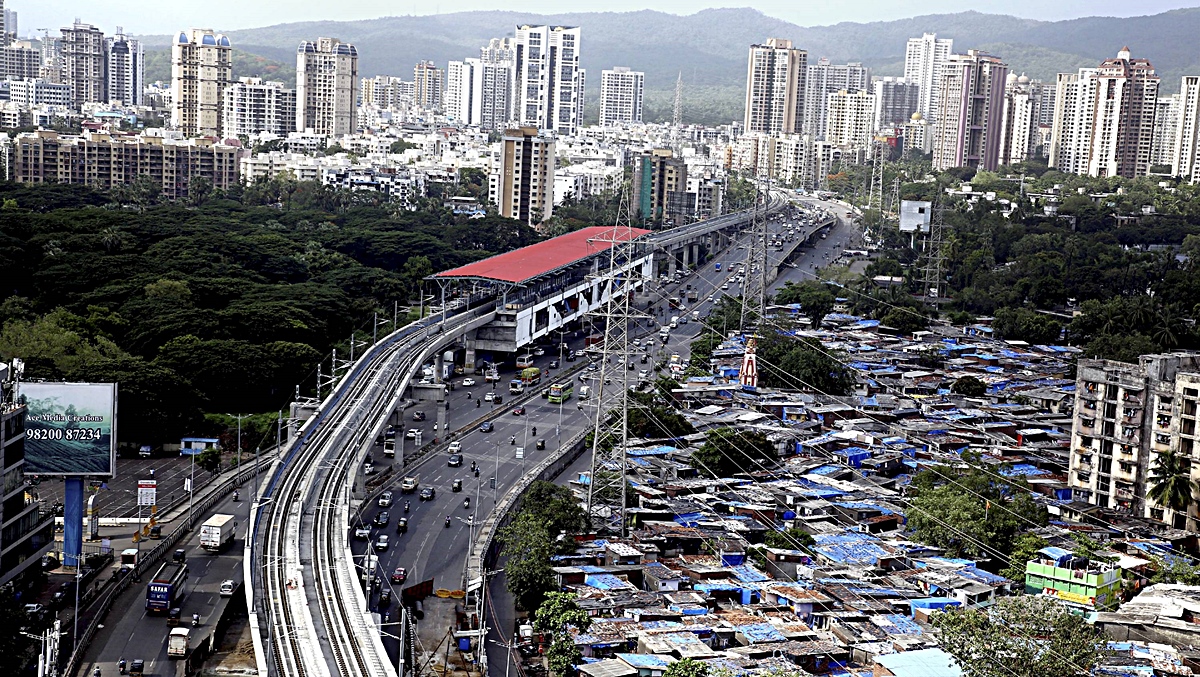Mumbai, known for its high pollution level and as a major contributor to the climate hazard is going to prepare its own climate action plan by October 2021.
This would be ahead of the upcoming United Nations Climate Change Conference (COP26) to be held in October to December session. This was confirmed by officials in the state environment minister’s office.
The action plan will be drafted by the World Resources Institute (WRI) India, which has been engaged as a consultant by the environment department.
This action plan has been initiated because of Mumbai’s entry into the C40 climate cities leadership group in December last year.
C40 climate cities group basically states this agenda, “Around the world, C40 Cities connects 97 of the world’s greatest cities to take bold climate action, leading the way towards a healthier and more sustainable future.

Representing 700+ million citizens and one-quarter of the global economy, mayors of the C40 cities are committed to delivering on the most ambitious goals of the Paris Agreement at the local level, as well as to cleaning the air we breathe.”
Hence it will connect 97 of the world’s largest cities, enabling them to “collaborate effectively, share knowledge and drive meaningful, measurable and sustainable action on climate change”.
The member cities are also encouraged to develop their own climate action plan aligning to the Paris Agreement.

Mumbai’s action plan basically succumbs to seven broader steps. According to officials who have observed the process, two of them are already completed.
- Step one accounts for understanding the gravity of the situation and setting the context. Making the officials and the city understand the need for such an action plan.
- Step two emphasizes collecting the demographic data and understanding the socio-economic and ecological standpoint of the city. It is supposed to be based on the existing literature of the city.
Later the plan would be featured on the C40 website along with the other member cities.
Lubaina Rangwala, associate director at WRI India’s Sustainable Cities Centre said, “it is an external facing document, and should be easily read by other governments, private companies, people within the innovation and research space, and so on, who may not be familiar with the city.”

Steps three and four, Rangwala explained, are simultaneous processes that involve developing a “climate profile” for Mumbai and conducting a “sectoral analysis” across six different verticals — air pollution, water resources and urban flooding, urban greenery and biodiversity, energy efficiency in municipal buildings, transport and mobility, and waste management.
The data will be assessed on the basis of an Excel-based tool developed by the C40 group.
“The data will be fed into the system and analyzed in comparison with global benchmarks, to help us identify gaps in each sector based on its overall emission load. These gaps will need to be addressed in our climate plan,” said Rangwala.

An official in BMC’s environment department involved in the project said, “Right now, we are only at the data-gathering stage. Of the 40 departments, 13 departments have not yet sent any data.
They have been reminded and given time till July 10 to comply.”
The final three steps in the drafting process involve:
- Holding stakeholder consultations
- Setting tangible emission reduction goals for the city
- Finally, proceed to implement the policy which is expected to happen before year-end.
Also Read:












